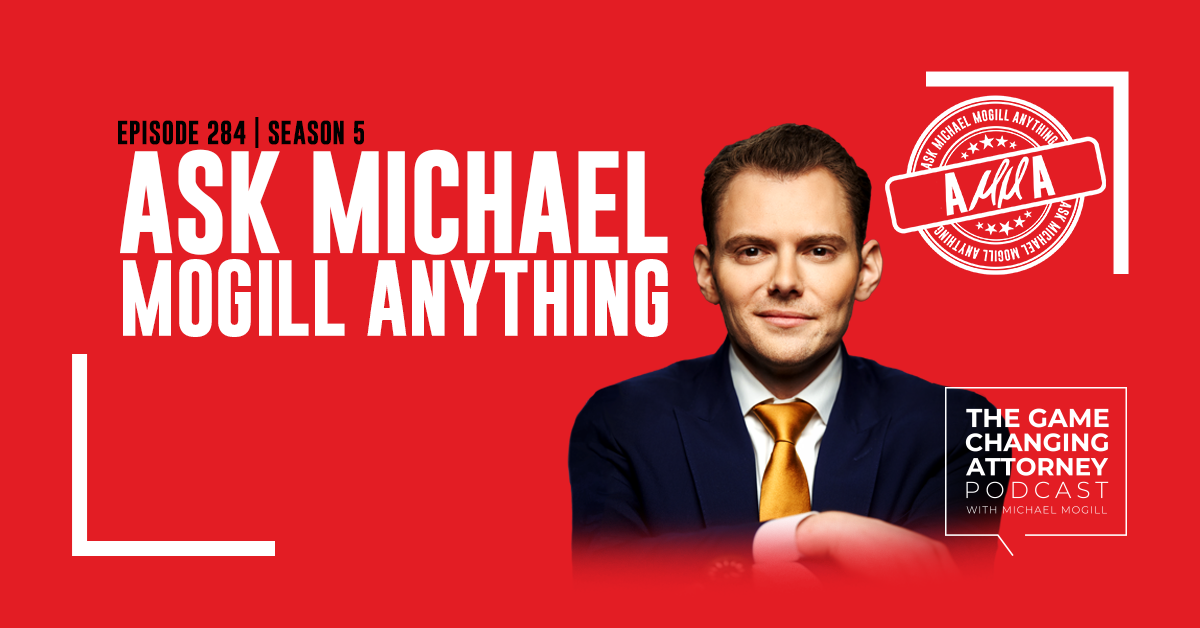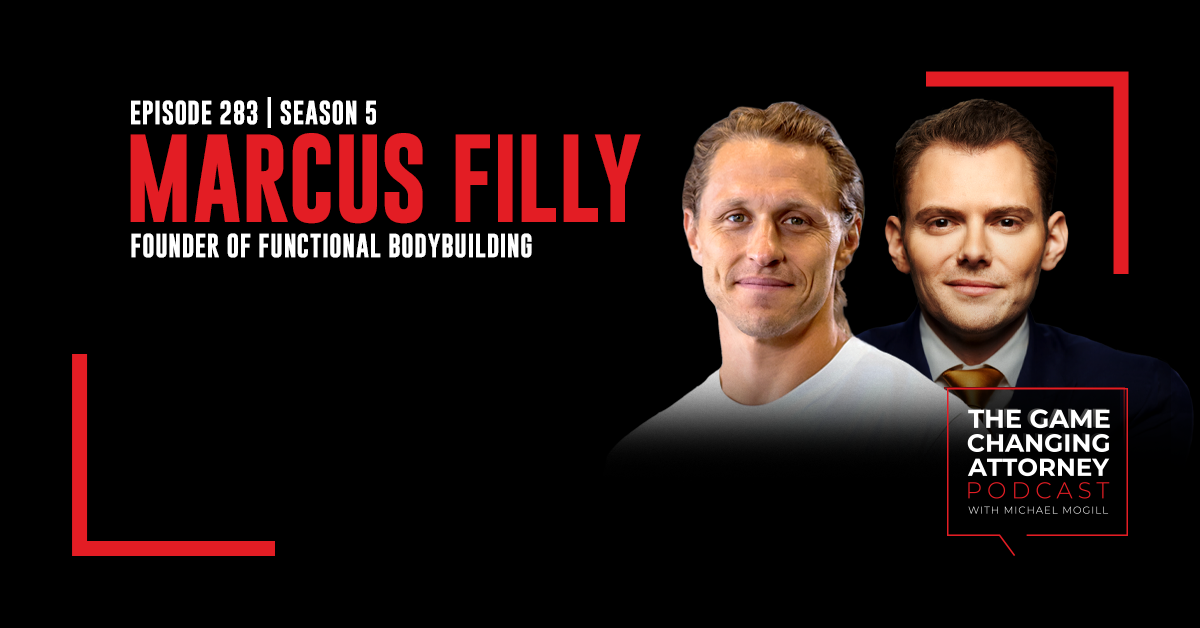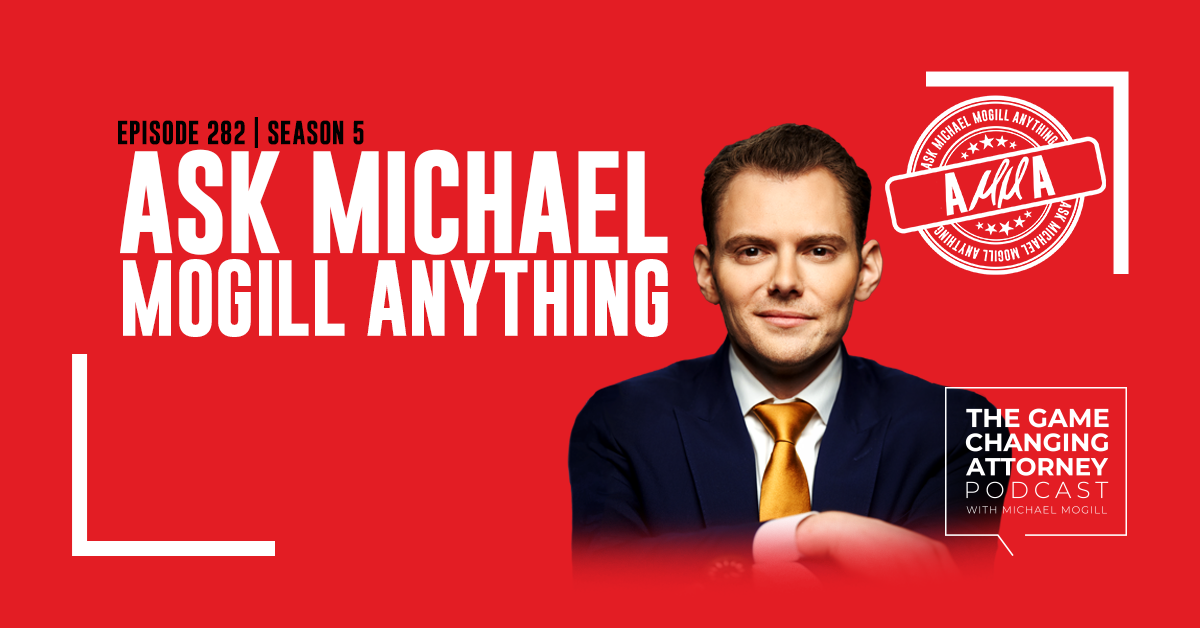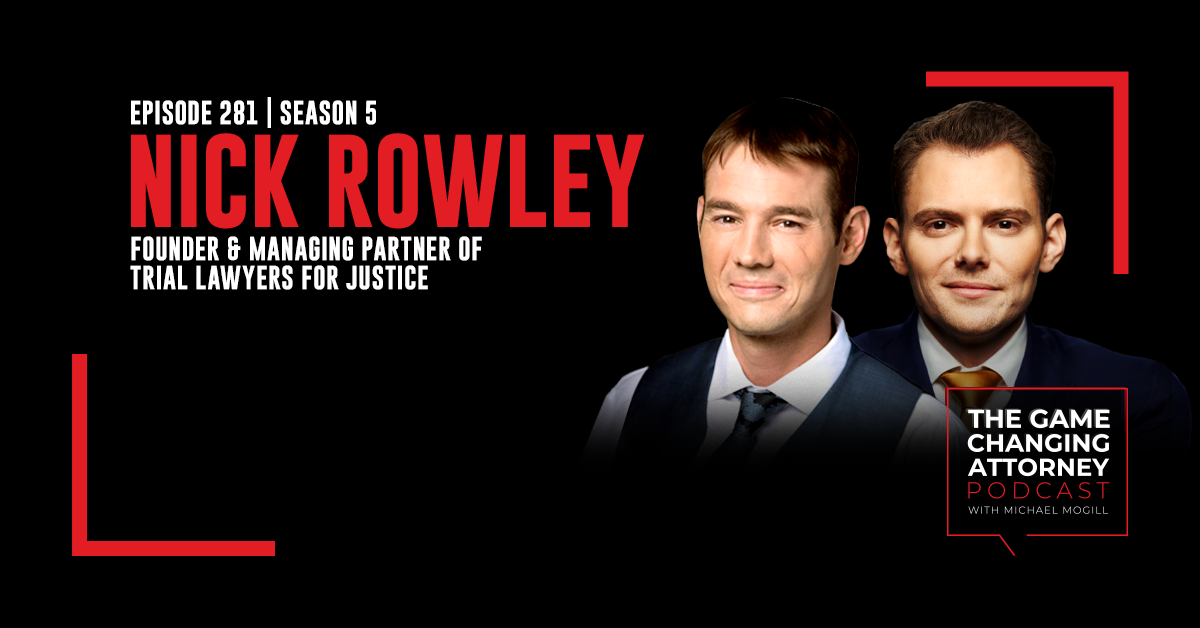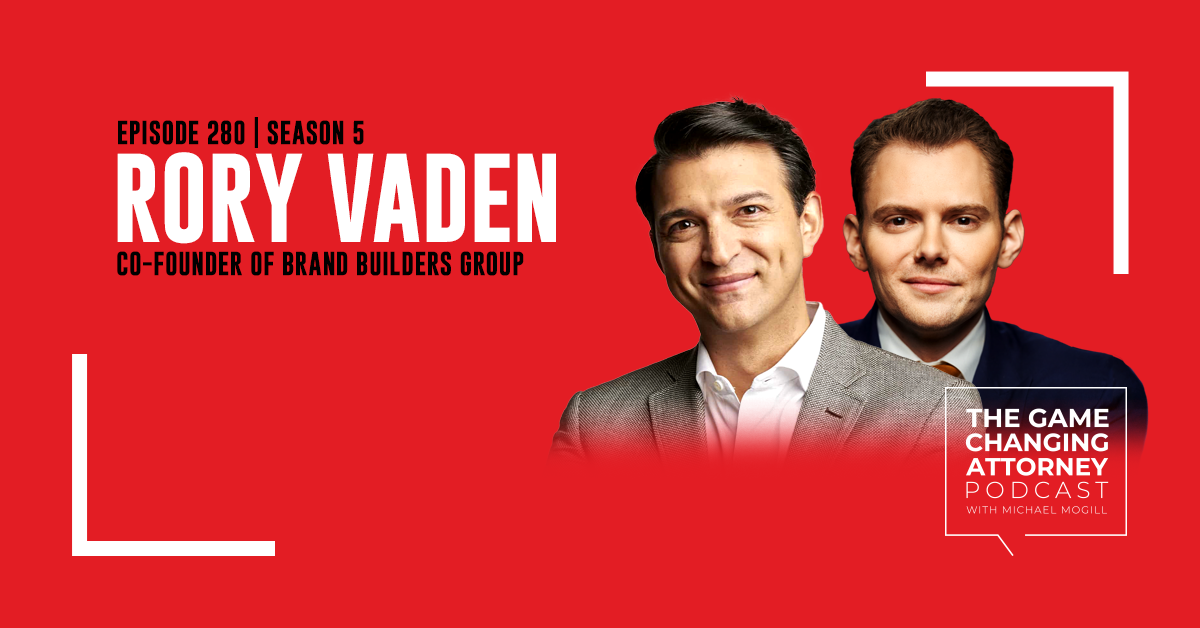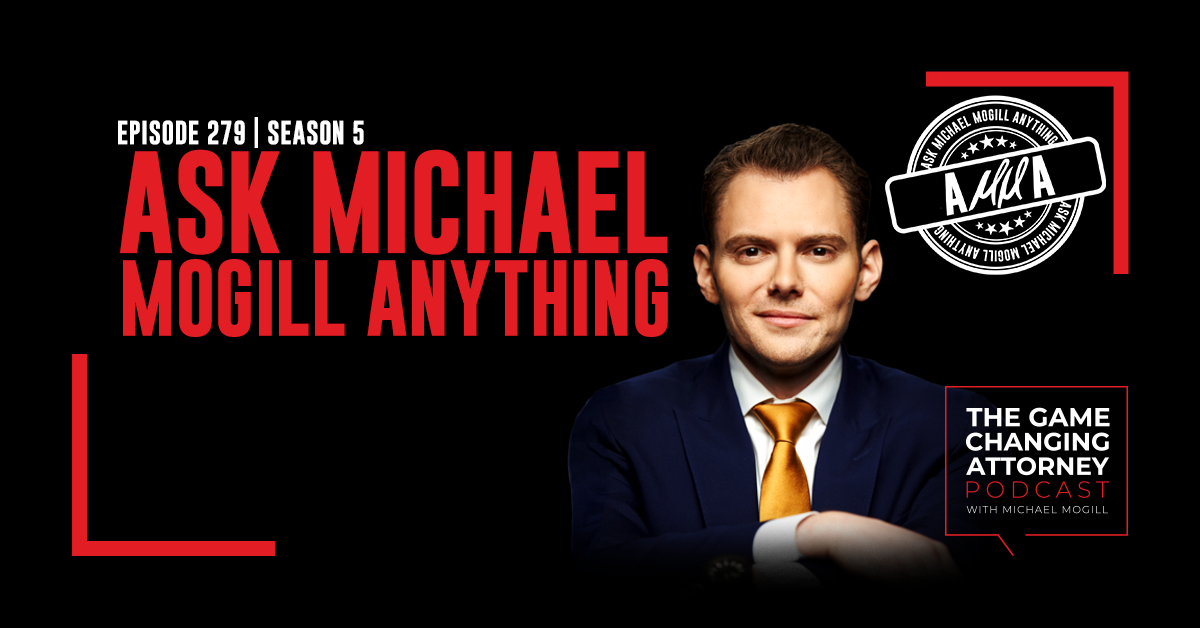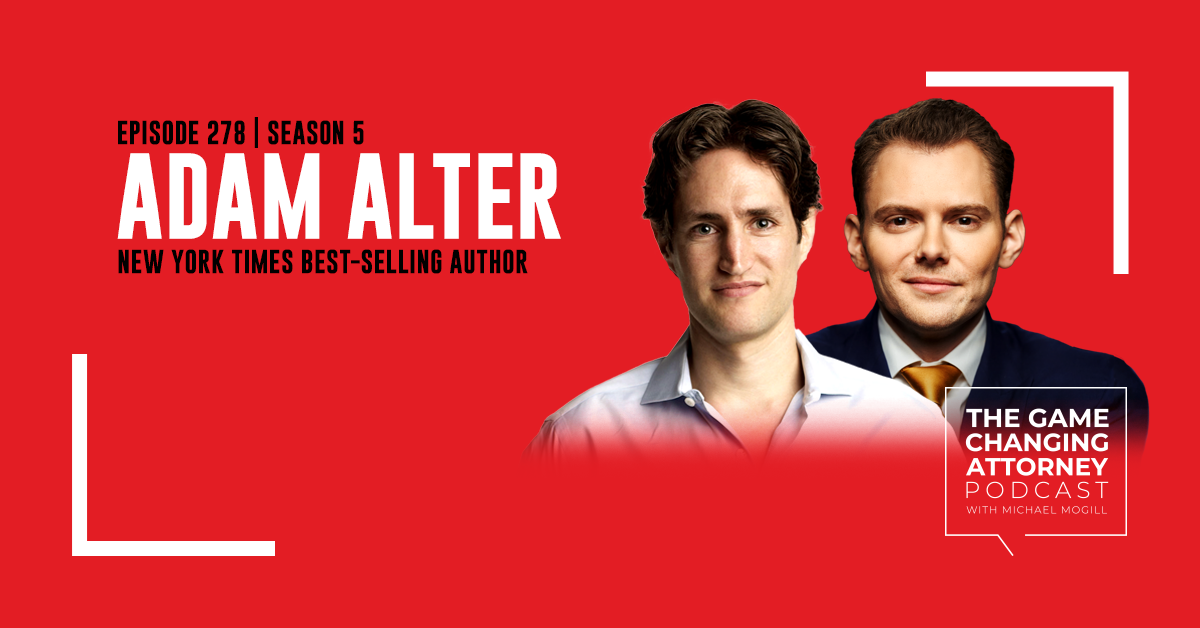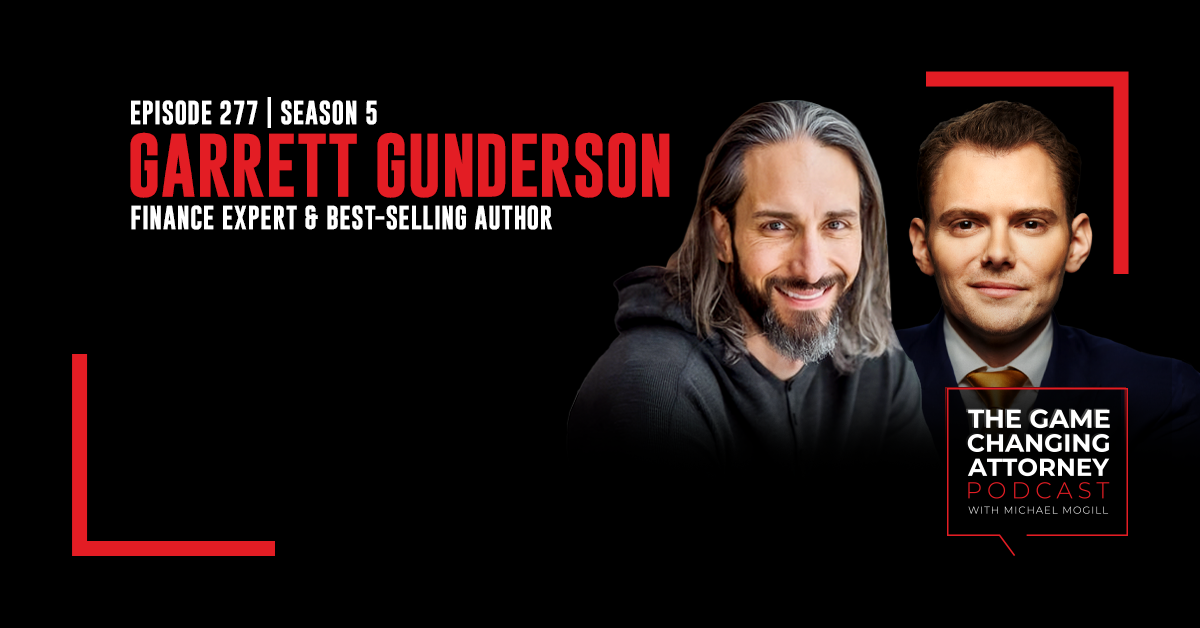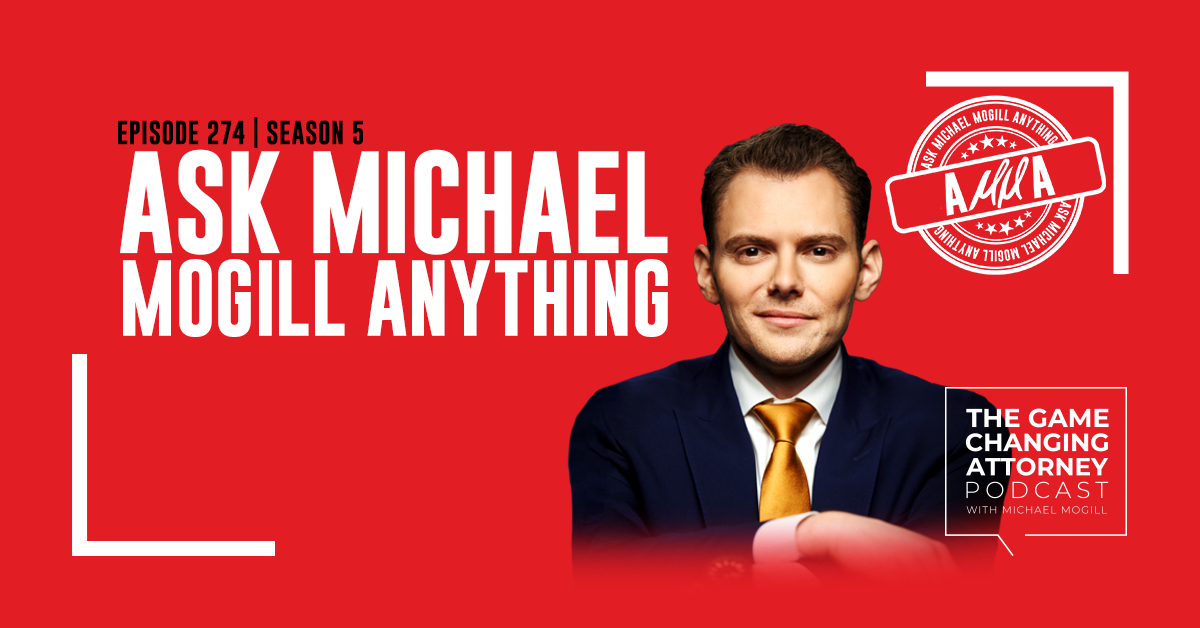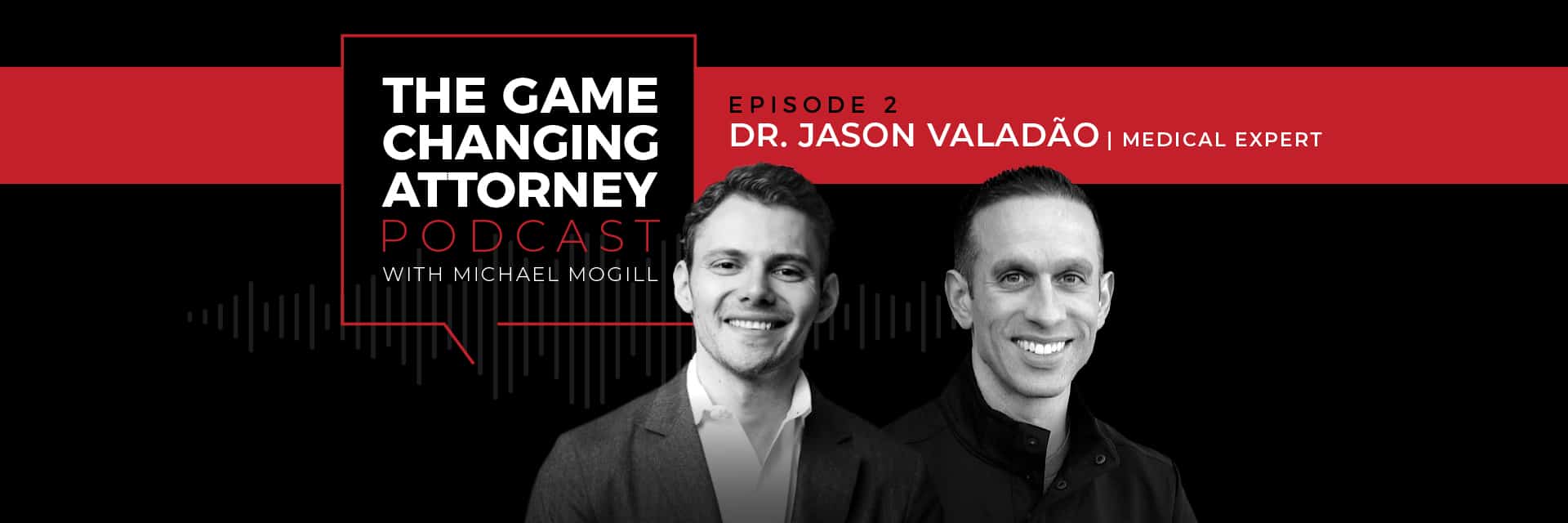
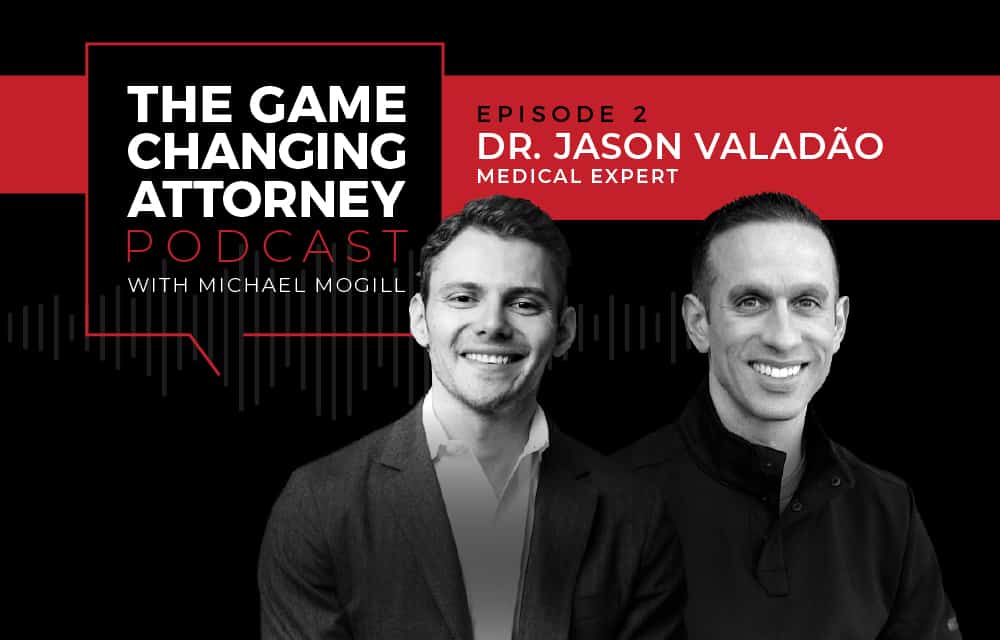
EPISODE 2 — Jason Valadão — COVID-19: Separating Fact from Fiction
Dr. Jason Valadão is a family medicine and board certified sports medicine doctor, and he has been an active naval officer for over 20 years. Fake news is having a field day, and communications about the coronavirus are rife with misinformation. As a medical professional with boots on the ground, Jason gives us the fundamental facts about COVID-19.
His unique perspective from the intersection of medical and military institutions touches on personal health, security, the government response to the crisis, and why this isn’t just the flu.
In this episode of The Game Changing Attorney Podcast, Crisp Founder & CEO Michael Mogill sits down with Dr. Jason Valadão to discuss:
- What is COVID-19, and how worried do we really need to be?
- Could the United States have responded differently to the coronavirus?
- How can law firm leaders leverage this unique challenge?
- Why does poor sleep hygiene elicit our flight or fight response?
- How can you use the quarantine to health-check your personal and professional life?
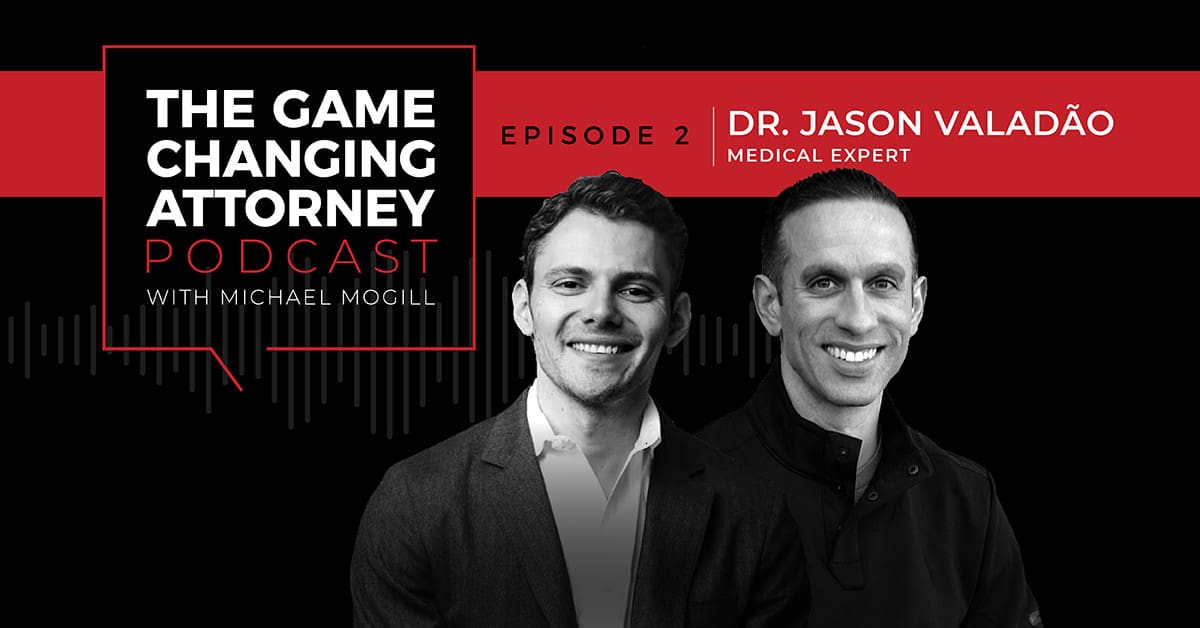
Listen & Subscribe
Show Notes:
5:27 – Perception isn’t always reality with this virus. “There’s a lot of anxiety. People are saying, ‘But my hometown looks normal. There can’t be spread here.’ But those people don’t know what it looks like inside those hospitals. I’m trying to keep people away from the emergency room and urgent care unless they absolutely have to go. So doing primary screenings is essential. We’re looking for fever, cough, shortness of breath, and we’re still focused on where the patient has traveled in the last 14 days.
7:08 – The United States’ medical infrastructure. “The problem is we don’t have enough ICU beds in the United States. We are running out. The Navy has sent the USS Comfort and USS Mercy to New York and California. Each of those ships has 800 beds. What people don’t know is that those ships aren’t going there to treat COVID-19 patients; they’re actually going there to offload a bunch of the other patients that are non-COVID-19 so we can open up beds in the hospitals for those patients.”
9:13 – A tell-tale sign of coronavirus. “We have to look at the specific disease criteria. There’s the fever and then this dry persistent cough that produces shortness of breath. So, for instance, you and me sitting here right now doing nothing and then suddenly we’re short of breath. We’re in good shape, we work out all the time, and yet right now we can’t catch our breath.”
10:42 – Cutting down on news consumption. “I tell people, as a physician, if you don’t have to be on the news, stay away from it. If you want updates, check the CDC website. Going on CNN, MSNBC, CBS, all those news sources are going to present a lot of good data — but there’s also going to be some marketing that goes on. We drive society with fear and panic.”
12:07 – How long the virus actually affects people. “Typically what we’re seeing is anywhere from 5-10 days with symptoms. There are some people that are reporting they only had symptoms for about three days, but with our CDC guideline we’re quarantining people for 14 days. But that begs the question: when did that person actually get better? They’re quarantined at home or they’re quarantined on a cruise ship, so there’s some uncertainty. Did they get better at day three or did they get better at day 10?”
15:17 – What this will mean for the economy. “The economy is going to rebound. This is America. People come here, just like my parents did and like your parents did. Immigrants come to the US to start a new life and to provide better lives for their children. We’re going to get there, but the one thing this crisis is doing is it’s unifying us in many different ways. While it would be awesome if we just open everything back up in seven to 10 days, I don’t know if it’s going to work that fast.”
16:30 – How we could have approached this differently. “On January 22 I was doing a WhatsApp conversation with another prior aviator from the Navy turned doctor in Italy. He was already getting some of the intel that the situation in China wasn’t looking good, and I had another buddy in the military telling me that this next month Italy’s going to get hit. This was January 22nd so that’s over two months ago. I said that we probably need to start shutting off international travel within the next week. Obviously I’m not the president. I’m not the Chief of Naval Operations or some big wig, but I think if we would have done that and curtailed travel around the first of February, we might have really prevented a lot of what happened in New York.”
18:37 – Real adversity. “We’re going to get through this adversity. The problem is, a lot of people have no idea what real adversity is. They think life is hard because they didn’t go to the best college or they don’t have the best car or the best house. Business people know what it took to start a company from the ground up, to start with one employee and grow to two employees. I think as a leader of a company, we do have to look at the military model and how you take care of your people. You can’t go into this thinking that you’re going to stand at the top of the hill by yourself and your people can’t come with you. You’ve got to get the people that are part of your organization to believe and understand that this might take a week or two, but you’re going to do everything you can to take care of these people.”
21:31 – An opportunity for leaders. “If you want to be a leader of a company or a leader of people, in a way you want moments like this to happen. This is where we can get creative as leaders. As a leader, you’ve got people at home with talents, so you can reach out and say, ‘You’ve never gotten to be creative in this way. I want you to start sketching some different outlines of what you think we could do.’ Start to value your employees for other things they might be good at. We hire people in companies because there’s a single thing they’re good at. Maybe they’re hiding something else inside. This isn’t motivation right now; this is inspiration.”
25:39 – A positive for American families. “You really have to think about what matters now, and this is a great opportunity for families that are stuck at home to actually have time together. Gather everyone and play a board game that maybe you’ve never played before. Teach your child a card game that you learned when you were 10 years old. Start to think about those things that really mattered, because we’ve lost track of a lot of that stuff. We’re on Facebook and the Internet all the time, and I think it’d be great if this is just an opportunity for us to shift our perspective a little.”
28:42 – How to practice good sleep hygiene. “I tell all my patients: ‘Don’t take your cell phone into the bedroom.’ Just turn it off at night. Leave it in the kitchen. If it’s really important, they’re going to know how to get a hold of you. Try not eating too much before bedtime because sometimes that causes an upset stomach. If you’re going to exercise, do it a couple hours before bed because that affects your hormones. There are some supplements on the market like Melatonin, magnesium, camomile tea, and lavender tea. There’s also the whole medication side, but I’m very wary of putting people on prescribed medications for sleep. They’re all controlled substances, and they all have massive side effects if you’re not careful.”
33:02 – Looking to the future. “We’ve got to look over the horizon. Yes, there are going to be a lot more people who get sick, but if you can do your job to stay healthy, you’re one less person showing up in an ER. Get in that mindset where you know and believe that you can contribute. When people know they can contribute, that’s when they succeed in life. That’s when true leadership happens.”
33:43 – What does being a game changer mean to you? “Being a game changer is when you can look at yourself in the mirror and know that what you’re doing is actually making a difference to all those around you. You’ve got to give more to society than you take, and there’s never been a bigger time in my lifetime where we can try and contribute more. I feel like what you and I are doing is inspiring hope and other people.”
EPISODE RESOURCES
Exceptional Every Day
SteadyMD
Centers for Disease Control and Prevention
Whoop Fitness Tracker
Connect with Michael
- Text directly at 404-531-7691
